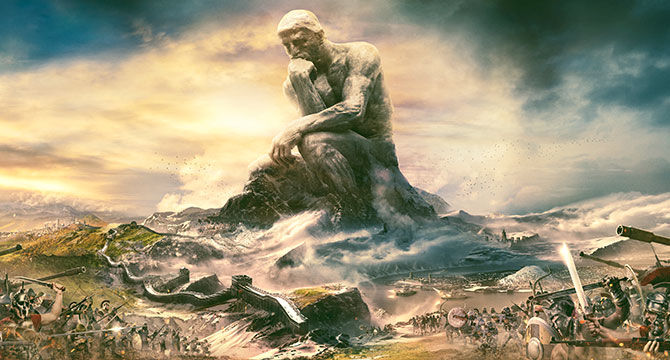TRUTH ABOUT “CIVILISATION” Civilisation is defined as the stage of human social development and organisation which is most advanced. It is also defined as the comfort and convenience of modern life, available only in towns and cities. we are all a part of our where we raise our children. The first step towards achieving this civilised state is education, then inculcating moral values and trying to safe guard our child from the bad’influences of the outside world. But how is this playing in the psyche of our child or any individual.
I have decided to explore this aspect of the human psyche through two beautiful novels, R.K. Narayan’s “Swami and Friends”(1935), William Golding’s “Lord of the Flies”(1954) . Both the novels have young boys as the protagonist. In both the novels the author plays with human psychology as seen in a child. Coincidentally the children in the three novels are roughly between the ages of 10 and 15.
Sigmund Freud believed that we all have a conscious, preconscious and unconscious level. In the conscious level we are aware of our mental process. The preconscious involves information that is in our deepest thoughts which can be brought forward into our conscious level. Lastly the unconscious includes mental processes that we are completely unaware of. Freud goes on to say that the conscious and the preconscious are under our control whereas the unconscious is beyond human control. Interestingly he believed that there is a constant tension between the conscious and the unconscious because the conscious tries to hold back what the unconscious tries to express.
Taking the first book Swami and Friends by the famous writer R.K. Narayan the setting is that of India during the British Raj. It was written in 1930 where most of the Indian population were towards the fag end of their tolerance towards the British but at the same time there were a few Indians who felt that the British were the best that happened to the country. The novel registers all the small confusions and dislocations of a child reaching the end of an idyllic childhood and facing the grave tasks of adulthood. Swami is restless within this restricted world and the premonitions of the darkness that awaits him which makes the unique mix of sadness and beauty.
Swami feels oppressed by authority, the severe Christian school, his strict father but he is also at the same time attracted to the promise of stability and ‘identity’ that the British rule( the so called civilised world) is willing to offer him. He has a great infatuation with Rajam, the police officer’s son with his bungalow and toy rail engine: symbols of the world of colonial progress and modernity that Swami is compelled to enter. Swami on the other hand wants to lead a carefree life and enjoy his boyhood. This struggle that goes on inside him builds up slowly as the novel progresses. The game of cricket with its simultaneously rule bound and anarchic nature offers Swami an emotional release from the internal pressures of adjusting to his ever altering circumstances. Swami gives in to his natural rebelliousness and runs away from home to see a cricket match. Swami is able to do only that much in the world that he is caught up in and feels not only fear and uncertainty but also guilt in doing the same.
Lord of the Flies by William Golding talks about the conflict between two competing impulses that exist within all human beings, the instinct to live by rules, act peacefully follow moral commands and value the good in contrast to that instinct to gratify one’s immediate desires, act violently to obtain supremacy over others and enforce one’s will, in short the Primal Instinct. The novel is about a bunch of English boys, moral, civilised, disciplined and innocent marooned in a beautiful island which has not seen the face of any civilisation. So they are left in this wild, brutal and barbaric set up. The novel is about how these boys start behaving like savages because of their situation. The boys form groups with head in each group Ralph stands for order and leadership whereas Jack stands for savagery and desire for power. Golding implies that the instinct of savagery is far more primal and fundamental to the human psyche than the instinct of civilisation. Only two characters Simon and Piggy seem to have an innate goodness but ironically both are killed only to prove that savagery and barbarism is what prevails and moral behaviour is what the world forces upon us. The children are from orderly families who want to desperately return to civilisation but they lose their sense of innocence as the novel progresses because their survival instincts take the better of them. The island is first depicted as a beautiful place which has natural beauty but it sadly turns out to be a savage land. Golding too brings out the idea of sadness and beauty or rather sadness in beauty.
The fear and uncertainty in the minds of the boys makes them imagine that the island is a home to a beast and they start offering sacrifices to please the beast. Simon, Piggy and a sow are all offered as sacrifices to this beast. Golding implies through this that the imaginary beast that frightens the boys stands for the primal instinct of savagery that exists within all human beings. Lord of the Flies refers to the bloody head of the sow, which they offer to the beast; - meaning to say that savagery is what is natural to mankind not civilisation.
Mahalakshmi.

